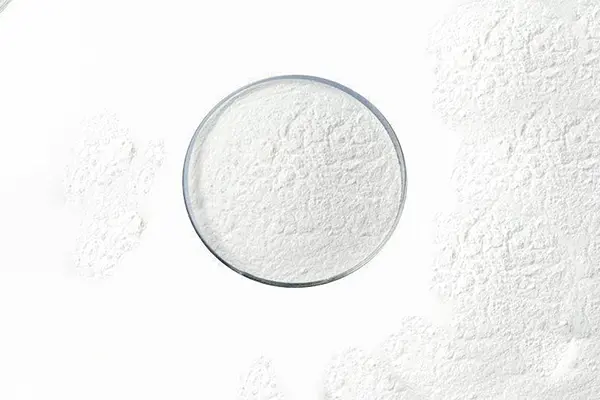Sodium Aluminum Phosphate in Food
Sodium aluminum phosphate (SALP) is a food additive that is used as a leavening agent, emulsifier, and stabilizer in a variety of processed foods. It is also used in some non-food products, such as toothpaste and cosmetics.
SALP is a white, odorless powder that is soluble in water. It is produced by reacting sodium hydroxide with aluminum phosphate. SALP is a common ingredient in many processed foods, including:
- Baked goods: SALP is used as a leavening agent in baked goods such as bread, cakes, and cookies. It helps to make baked goods rise by releasing carbon dioxide gas when heated.
- Cheese products: SALP is used as an emulsifier and stabilizer in cheese products such as processed cheese and cheese spreads. It helps to keep the cheese from separating and melting too quickly.
- Processed meats: SALP is used as a water binder and stabilizer in processed meats such as ham, bacon, and hot dogs. It helps to keep the meat moist and prevents it from shrinking when cooked.
- Other processed foods: SALP is also used in a variety of other processed foods, such as soups, sauces, and salad dressings. It helps to improve the texture and mouthfeel of these foods.
Is sodium aluminum phosphate safe to consume?
The safety of SALP consumption is still under debate. Some studies have shown that SALP can be absorbed into the bloodstream and deposited in tissues, including the brain. However, other studies have not found any evidence that SALP is harmful to human health.
The US Food and Drug Administration (FDA) has classified SALP as “generally recognized as safe” (GRAS) for use in food. However, the FDA has also stated that more research is needed to determine the long-term effects of SALP consumption on human health.
Who should avoid sodium aluminum phosphate?
The following people should avoid SALP consumption:
- People with kidney disease: SALP can be difficult for the kidneys to excrete, so people with kidney disease are at risk of aluminum buildup in their bodies.
- People with osteoporosis: SALP can interfere with the body’s absorption of calcium, which can worsen osteoporosis.
- People with a history of aluminum toxicity: People who have been exposed to high levels of aluminum in the past should avoid SALP consumption.
- People with allergies to SALP: People who are allergic to SALP should avoid all products that contain it.
How to reduce your exposure to sodium aluminum phosphate
There are a few things you can do to reduce your exposure to SALP:
- Limit your intake of processed foods: Processed foods are the main source of SALP in the diet. Limiting your intake of processed foods can help to reduce your exposure to SALP.
- Choose fresh, whole foods whenever possible: Fresh, whole foods do not contain SALP.
- Read food labels carefully: SALP is listed as an ingredient on food labels. If you are trying to avoid SALP, check the food label before you buy or eat a product.
Conclusion
SALP is a common food additive that is used in a variety of processed foods. The safety of SALP consumption is still under debate, but the FDA has classified it as GRAS for use in food. People with kidney disease, osteoporosis, a history of aluminum toxicity, or allergies to SALP should avoid consuming it. To reduce your exposure to SALP, limit your intake of processed foods and choose fresh, whole foods whenever possible.

Post time: Oct-30-2023










